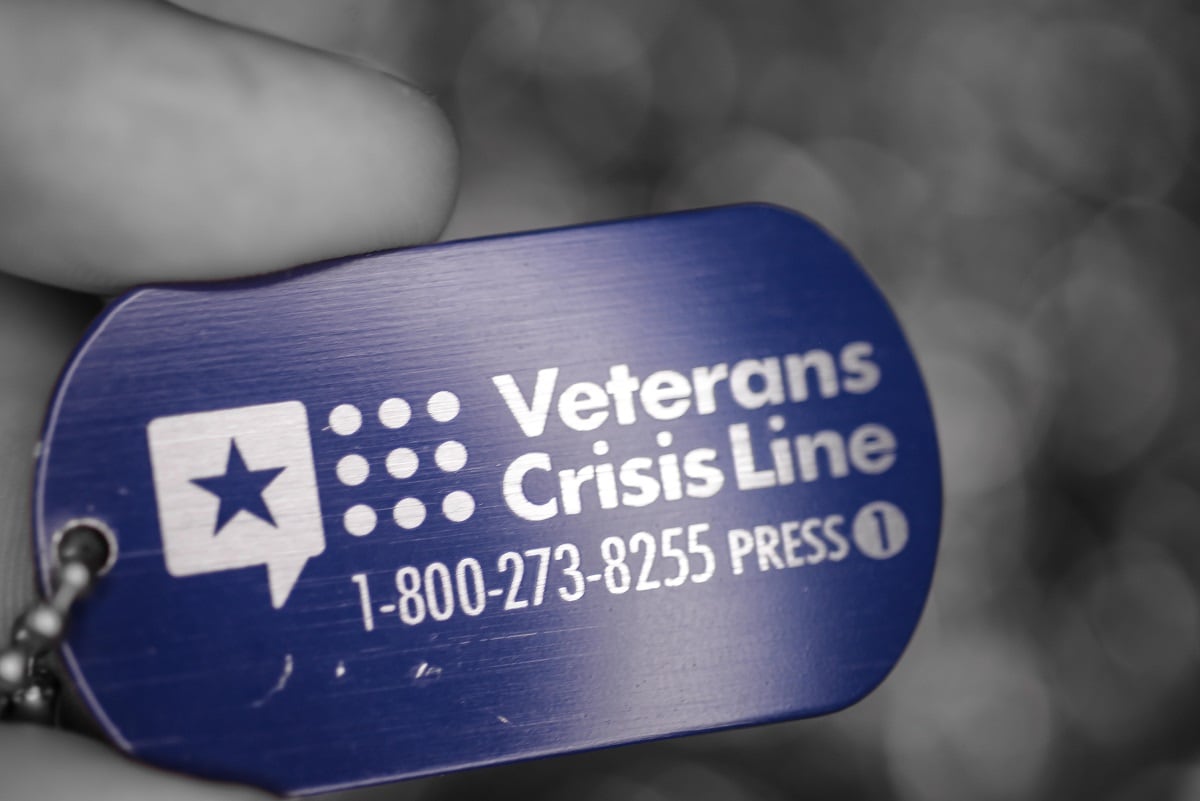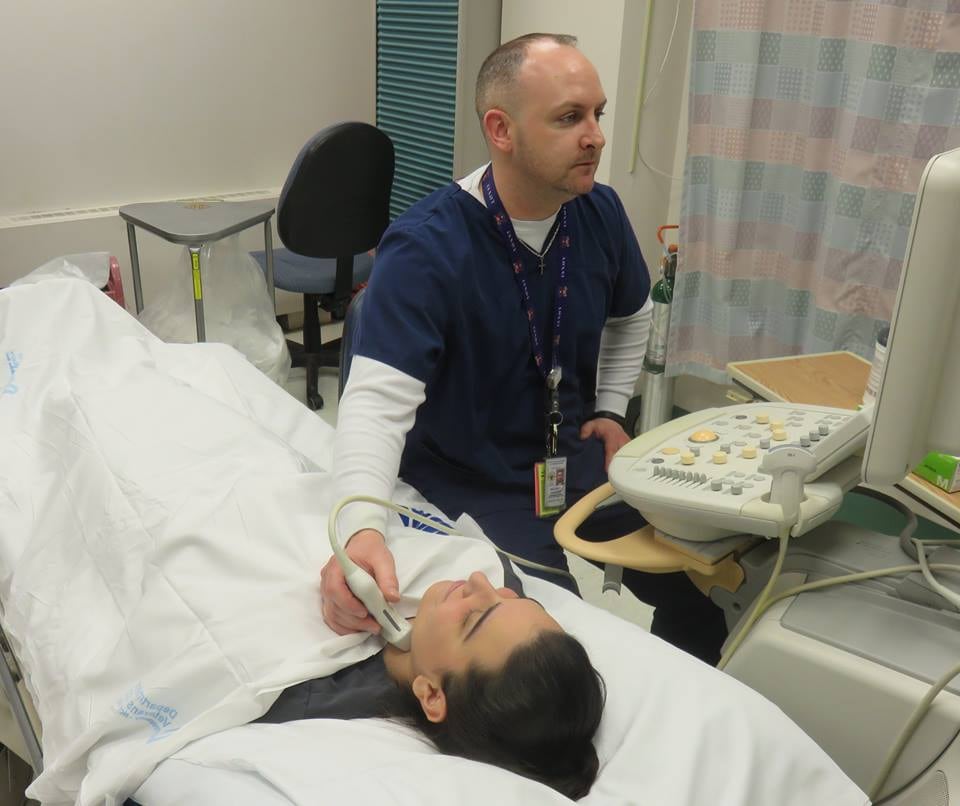WASHINGTON — Problems with Veterans Affairs’ hiring practices and department doctor’s overprescription of anxiety drugs may be undermining officials’ efforts to combat suicide among veterans, according to a new report from one of the nation’s leading veterans groups.
American Legion analysts released the 20-page review of veterans suicide prevention efforts last week, about a month before their annual convention. It also comes a month after VA leaders released their latest national suicide data, showing little change in the veterans rate in recent years.
“VA has implemented numerous successful initiatives and programs,” the Legion report states.
“However, as an average of 20 veterans a day continue to take their own lives … much more must be done, and VA must continue to strive to provide patient-centered care and improve the patient experience through adequately staffed and properly funded programs and services.”
RELATED

Of particular concern to Legion officials are significant staffing gaps at VA medical facilities across the country. Department officials have acknowledged more than 30,000 full-time vacancies across the VA system, with particularly problematic shortages in specialties such as mental health care.
Leaders from the veterans service organization blame those shortfalls in large part on “the tedious hiring process” at the federal bureaucracy, and urged more outreach and research into ways to improve the recruiting and retention process.
“The shortage of employees can lead to overworked staff, poor patient experiences and lower quality of care,” their report states. “Exemplary patient experience is vital to keeping veterans in the VA care network, which studies have shown significantly decreases risk of suicide.”
Legion officials also sounded alarms over VA physicians use of benzodiazepines, a class of anti-anxiety drugs that includes Xanax and Valium. Despite the risk of numerous problematic side effects, “over 25 percent of veterans newly diagnosed with PTSD are still being prescribed harmful and potentially deadly amounts of medications,” the report states.
The authors recommended better tracking of those medications to find ways to minimize their use and more closely watch for signs they may be triggering suicidal thoughts.
The report also recommends further outreach by VA to veterans with other-than-honorable discharges — last year, VA officials offered emergency mental health intervention to those veterans for the first time — and more exploration of alternative mental health therapies for struggling veterans, such as such as “acupuncture, yoga, meditation (and) martial arts.”
The full Legion report is available on the group’s web site.
To contact the Veteran Crisis Line, callers can dial 1-800-273-8255 and select option 1 for a VA staffer. Veterans, troops or their families members can also text 838255 or visit VeteransCrisisLine.net for assistance.
Leo covers Congress, Veterans Affairs and the White House for Military Times. He has covered Washington, D.C. since 2004, focusing on military personnel and veterans policies. His work has earned numerous honors, including a 2009 Polk award, a 2010 National Headliner Award, the IAVA Leadership in Journalism award and the VFW News Media award.





